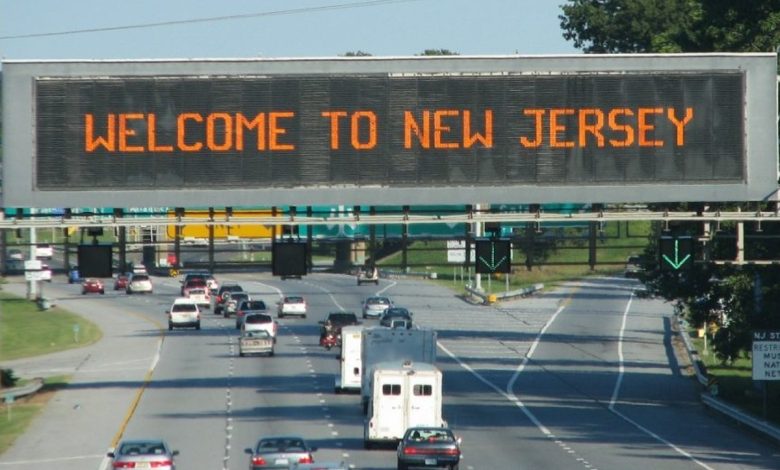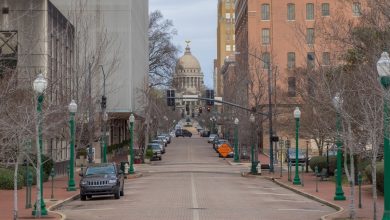New Jersey iGaming Tax Invoice Launched

New Jersey is one among solely seven states that enables on-line on line casino slot machines and interactive desk video games to function.
New Jersey is residence to one of many richest on-line on line casino gaming and sports activities betting markets in the USA. One state lawmaker believes the state ought to profit extra from the strong iGaming and web wagering trade. (Picture: NJ.com)
iGaming is large enterprise within the Backyard State, as on-line on line casino platforms final 12 months generated a file $1.92 billion in gross gaming income (GGR). At the least one lawmaker in Trenton, state Sen. John McKeon (D-Essex), thinks the state needs to be entitled to a much bigger piece of the iGaming pie.
Together with elevating the iGaming tax, McKeon’s invoice would improve the state’s share of income received on-line by oddsmakers. McKeon just lately launched Senate Invoice 3064. The statute is brief and easy with only one sentence.
“Will increase tax on web on line casino gaming and web sports activities wagering to 30%,” the invoice reads.
New Jersey is residence to 30 iGaming platforms licensed by the state’s Division of Gaming Enforcement. The state moreover has 18 licensed on-line sportsbooks.
All the on-line gaming shops are tethered to a brick-and-mortar on line casino and share within the revenues via particular person partnerships.
State Profit
Michigan narrowly edged New Jersey final 12 months to turn into the nation’s richest iGaming state.
In Michigan, the state permits its three industrial casinos in Detroit and federally acknowledged Native American tribes which have Class III gaming compacts with the state to run on-line playing. In New Jersey, all iGaming and sports activities betting ops are run by industrial licensees.
GGR from iGaming in New Jersey is hit with a 15% tax. On-line sports activities betting income is taxed at 13%.
Final 12 months, New Jersey’s share of the net gaming win was roughly $288.5 million. On-line oddsmakers shared $125.6 million. If McKeon will get his method, these numbers final 12 months would have amounted to greater than $577.1 million from iGaming and $289.7 million from on-line sports activities wagering.
The Atlantic Metropolis on line casino trade, which consists of 9 casinos, instantly opposed McKeon’s invoice. The casinos declare they already share a good portion of the net gaming income with their third-party operators like DraftKings and FanDuel, and better taxes would additional eat into their backside strains.
Since on-line gaming discovered favor amid the COVID-19 pandemic in 2020, New Jersey has obtained greater than $888.8 million from iGaming and $362.44 million from on-line sportsbooks.
McKeon’s SB 3064 hasn’t but been assigned to a Senate committee for preliminary evaluation.
Taxes Already Too Excessive
In 2021, the On line casino Affiliation of New Jersey, the commerce group that represents the 9 resorts in Atlantic Metropolis, efficiently satisfied state lawmakers to take away iGaming and on-line sports activities betting from the calculation used to find out how a lot property taxes the casinos pay. On line casino officers argued that since these third-party operators have little or no bodily presence in Atlantic Metropolis, the casinos shouldn’t should pay property tax on the net cash.
The tax isn’t a real property tax, however is as a substitute calculated via the casinos’ payment-in-lieu-of-tax (PILOT) program. That’s a part of the state’s continued governance of Atlantic Metropolis that started in 2011.
The PILOT adjustment stays amid a authorized problem from Atlantic County contending that the calculation modification violates a consent order. That mandate requires the county to obtain 13.5% of the PILOT legal responsibility based mostly on brick-and-mortar, iGaming, and retail and on-line sports activities betting income.





